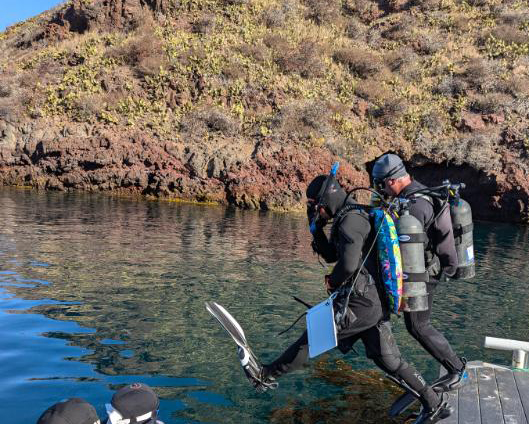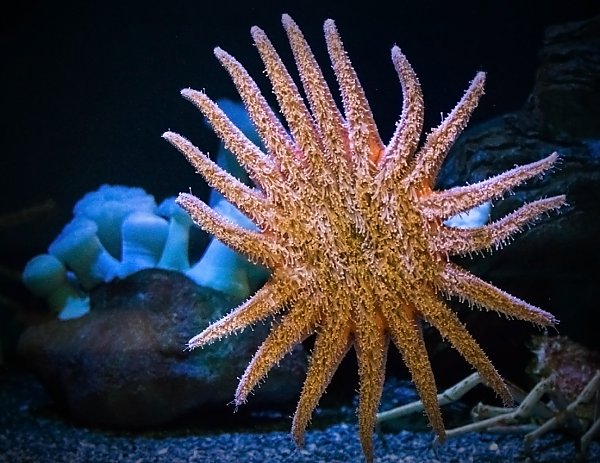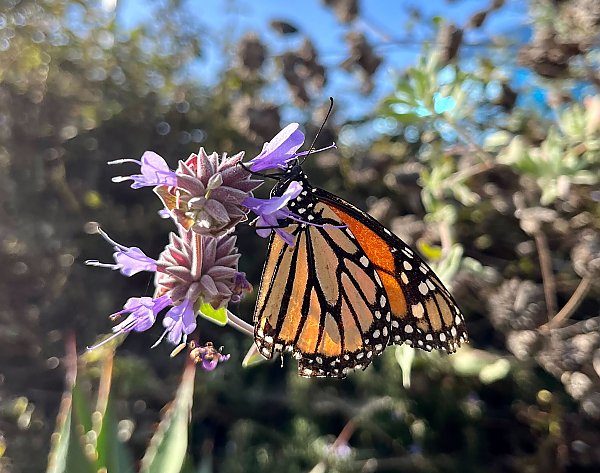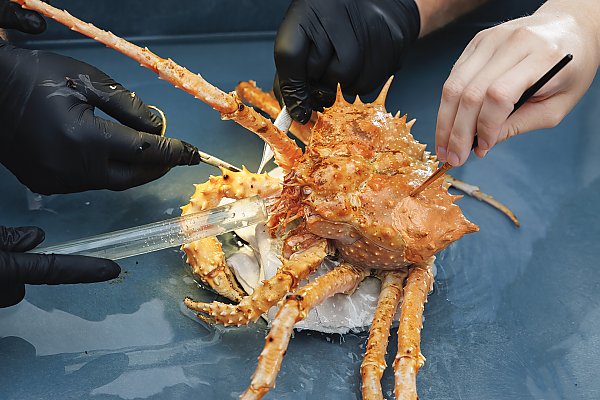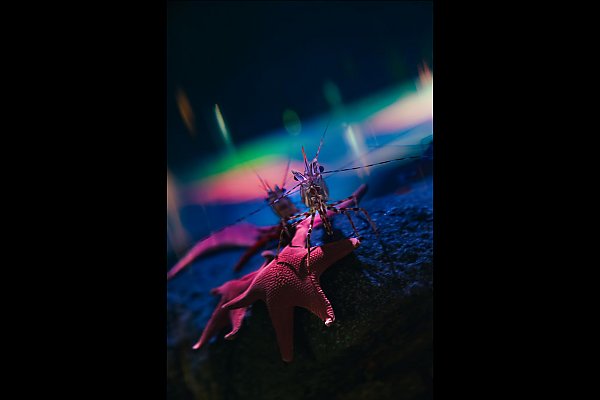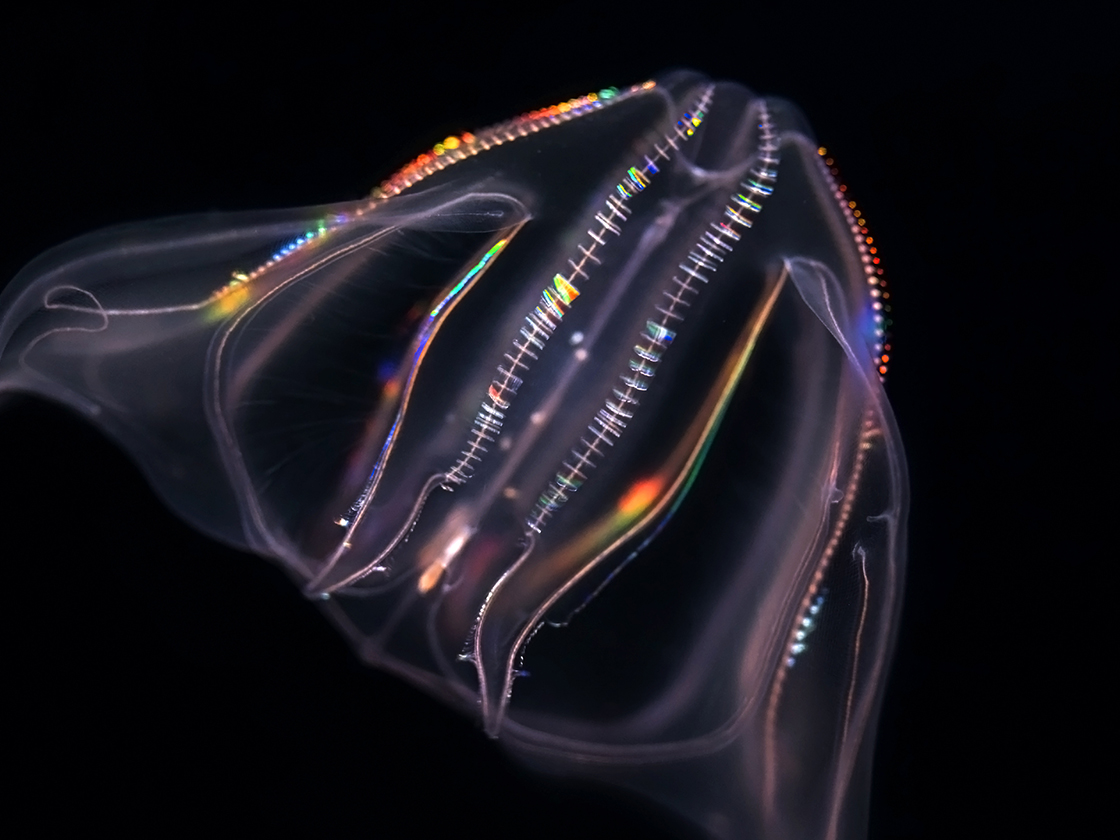More Than You Ever Imagined
Conservation, Education, and Research

January 15, 2020
Beyond its world-class exhibits, the Aquarium of the Pacific has extensive programming that educates and inspires people of all ages, connects science and the arts, gathers experts to tackle the planet’s biggest environmental problems, and conserves endangered animals and threatened ecosystems.
The Aquarium’s conservation efforts include helping to save endangered white abalone from extinction. It was a key partner in the first-ever release of aquarium-raised white abalone back to the wild in late 2019. It was also the first public aquarium to successfully breed and raise endangered giant sea bass. These efforts will culminate in the release of the first aquarium-raised giant sea bass to the wild. The Aquarium is also involved in rehabilitating and releasing local rescued sea turtles. Aquarium staff members also participate in conservation work off site, including coral reef restoration and endangered bird programs.
The Aquarium is tackling important ocean issues. It hosts forums on a variety of pressing environmental topics with scientists and other experts. In 2020 the Aquarium is hosting forums on the fate of Southern California’s offshore oil rigs and how to restore the public’s trust in science. The public can also learn about ocean issues in the Guest Speaker Series and Aquatic Academy adult courses.
The Aquarium’s programs combine science and art to communicate ocean topics in innovative ways. Partners include organizations and agencies like the National Oceanic and Atmospheric Administration, ArtCenter College of Design, and XPrize. Arts events at the Aquarium in 2020 include performances by the Long Beach Opera, Long Beach Chorale, and Violins of Hope. It also hosts cultural festivals that celebrate the beauty and diversity of local ethnic and other communities. Events like Festival of Human Abilities and Autism Families Night highlight accessibility.
The local community is a key partner in the Aquarium’s efforts on climate change resilience. The Aquarium has published informational guides and conducts community workshops and other outreach to ensure people are prepared to adapt to climate change and its impacts. The Aquarium also offers community science programs, giving local residents a chance to participate in conservation and help scientists with their research. These include a project monitoring sea turtles in the San Gabriel River.
